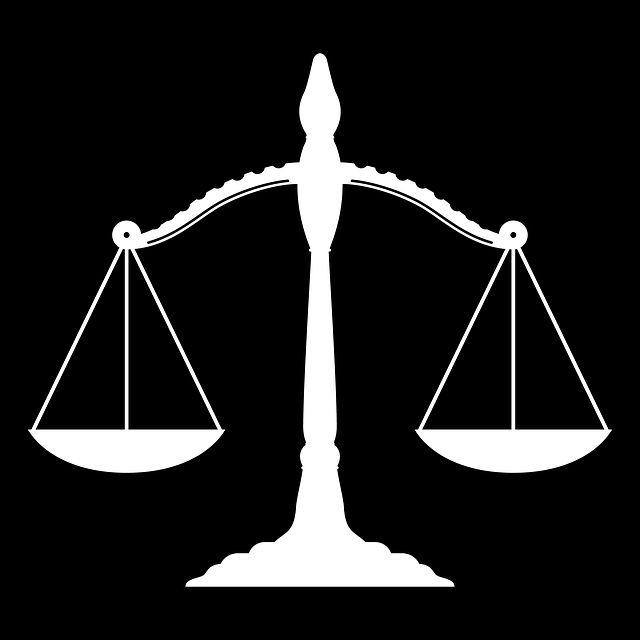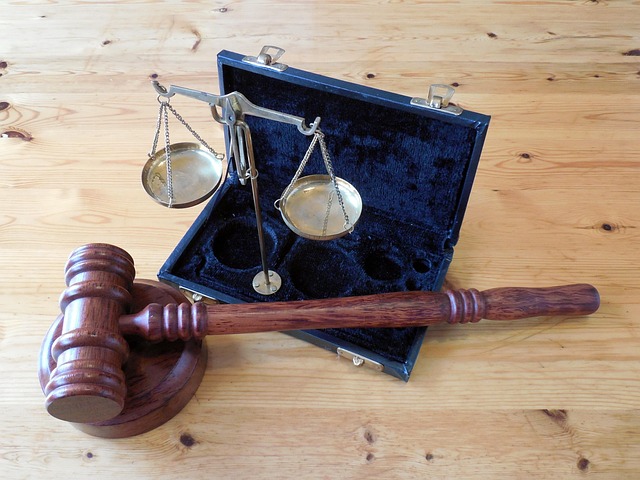Consumer protection laws safeguard rights in business dealings. In post-conviction suits, courts ensure justice for clients, reviewing convictions and sentences. Consumers can seek damages and injunctive relief for unfair practices. Understanding Rights During Post-Conviction Proceedings is crucial for strategic appeals, aiming to protect interests and achieve favorable outcomes.
Consumer protection suits play a pivotal role in safeguarding individuals from unfair business practices. This article delves into the intricate world of consumer rights during post-conviction proceedings, exploring key legal aspects. We examine how courts navigate suits, the available remedies for consumers, and the protections in place following verdicts. Understanding these principles is essential for both businesses adhering to regulations and consumers asserting their rights.
- Understanding Consumer Protection Laws
- The Role of Courts in Post-Conviction Suits
- Rights and Remedies for Consumers
- Navigating Appeals and Protections After Verdict
Understanding Consumer Protection Laws

Consumer protection laws are designed to safeguard the rights of individuals in their interactions with businesses. These laws cover a wide range of issues, from unfair business practices to product safety and quality. Understanding these legal frameworks is crucial for both consumers and those involved in corporate or individual client defense cases.
During post-conviction proceedings, knowledge of consumer protection regulations can be instrumental in navigating the all stages of the investigative and enforcement process. It enables a robust defense strategy, helping to win challenging verdicts. By recognizing the rights and responsibilities outlined in these laws, legal professionals can better represent their clients, ensuring justice and fair treatment for all parties involved.
The Role of Courts in Post-Conviction Suits

In post-conviction suits, courts play a pivotal role in safeguarding the rights of both corporate and individual clients. These legal proceedings are crucial for ensuring that justice is served, especially when dealing with complex cases like white-collar and economic crimes. During these proceedings, defendants have the opportunity to present new evidence, challenge the conviction, and seek relief from unfair sentencing. The court’s duty is to carefully navigate through these arguments, examining every detail to determine if the conviction or sentence was flawed.
Judges act as arbiters, ensuring that the process is fair and impartial. They must evaluate the validity of post-conviction claims, including issues related to ineffective legal representation, newly discovered evidence, or procedural errors. By meticulously considering these aspects, courts can uphold winning challenging defense verdicts and rectify potential injustices. This is particularly significant in cases involving substantial financial losses or significant impacts on society, where the stakes are high for both the accused and the community.
Rights and Remedies for Consumers

When it comes to consumer protection suits, consumers have a range of rights and remedies available to them during post-conviction proceedings. These rights are designed to ensure that businesses adhere to fair practices and compensate consumers for any harm they may have suffered. One key right is the ability to seek damages for losses incurred due to fraudulent or misleading business practices. This can include both actual damages, such as money lost, and punitive damages, which are intended to deter future misconduct.
In addition to monetary remedies, consumers can also pursue injunctive relief, which means seeking court orders to stop a company from engaging in harmful practices. This is particularly useful when the violation is ongoing or when there’s a risk of recurrence. The general criminal defense strategy and white collar defense techniques employed during these proceedings aim to protect consumer interests at every stage of the investigative and enforcement process, ensuring that justice is served and consumers receive fair compensation for any wrongdoings.
Navigating Appeals and Protections After Verdict

After a verdict is reached in consumer protection suits, understanding one’s rights during post-conviction proceedings is paramount. This period offers an opportunity to navigate appeals and protect against potential adverse outcomes. Legal teams can employ various strategies to challenge or confirm the verdict, ensuring clients’ interests are safeguarded.
For those seeking to achieve extraordinary results, it’s crucial to engage in strategic planning. This may involve presenting new evidence, re-examining existing facts under different legal lenses, or advocating for interpretations that favor the consumer. The goal is to secure a complete dismissal of all charges, thereby exonerating the accused and restoring faith in the legal system, particularly within the filantropic and political communities.
Consumer protection suits play a vital role in ensuring businesses uphold their responsibilities to customers. By understanding the intricacies of consumer protection laws, courts, and post-conviction procedures, consumers can navigate the legal landscape to assert their rights during these proceedings. This knowledge empowers individuals to seek remedies, including damages or injunctive relief, when businesses violate their rights. With proper guidance, consumers can protect themselves and contribute to a fair and transparent marketplace.






